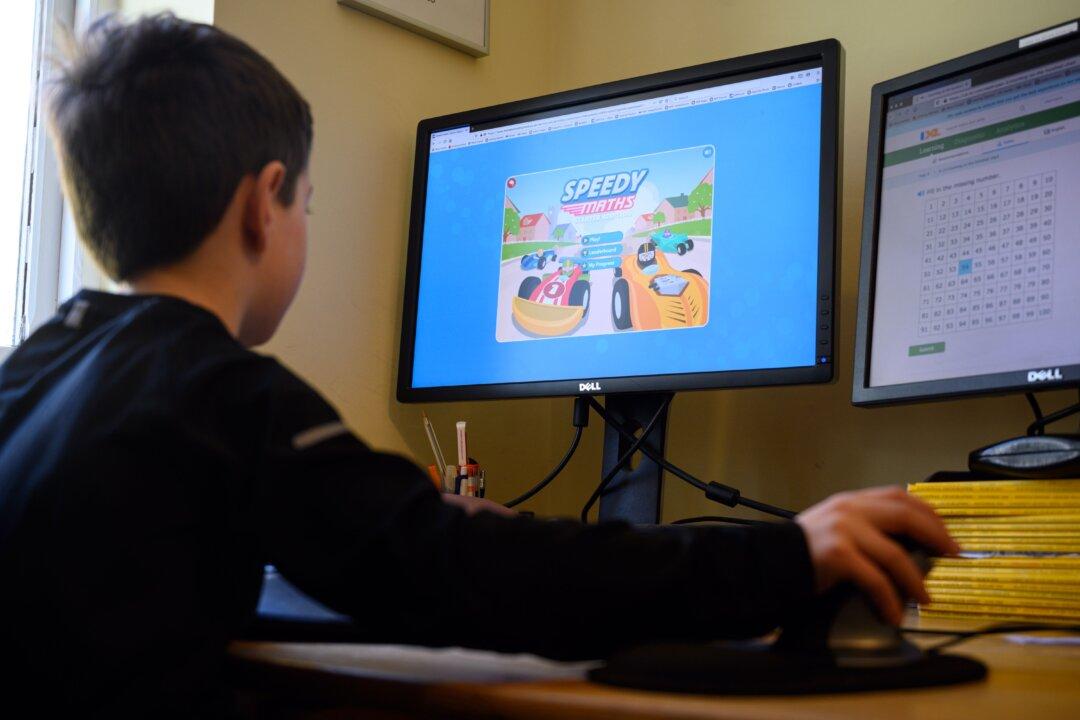Boys are struggling more with school closures because they are less suited to remote online learning, and need physical activity, the head of a charity told UK MPs today.
“The big impact for them is their learning style,” Sonia Shaljean, Managing Director of Charity Lads need Dads told MPs on Jan. 26. “They’re not naturally used to sitting in front of computers—girls aren’t either—and they don’t thrive learning in that way. They’ve got natural impulsivity, spatial kinesthetic learning styles, and physical energy that’s just not suited to remote learning.”





